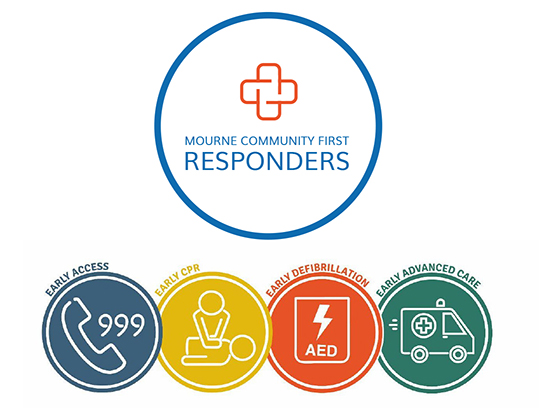You don’t need any medical training or background, we provide all the training and equipment you need to help your neighbour in their time of crisis.
What you Do Need
You will need to be 18, a car, a smart phone and be willing to respond to a call when you are activated.
